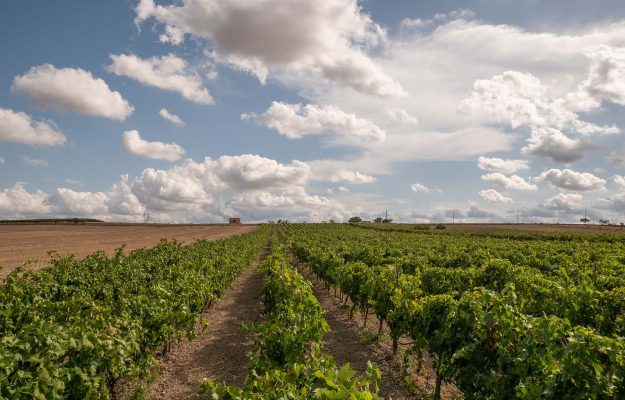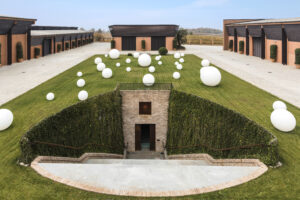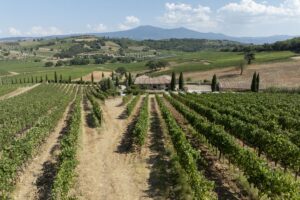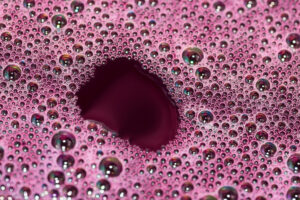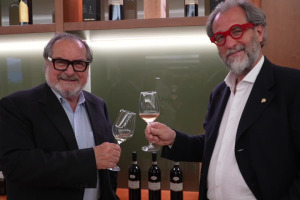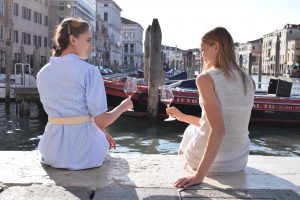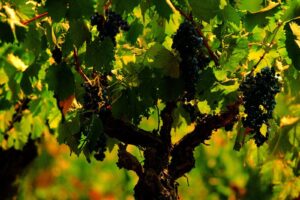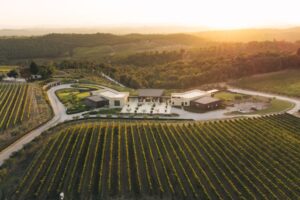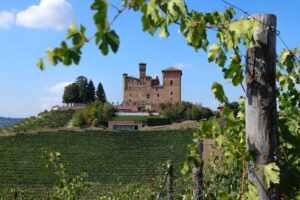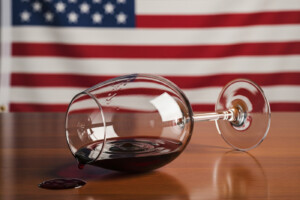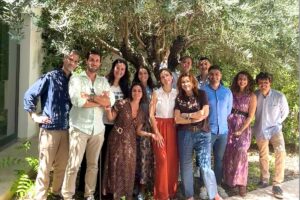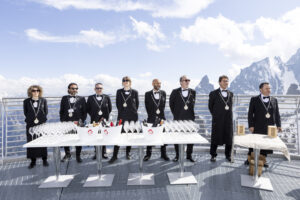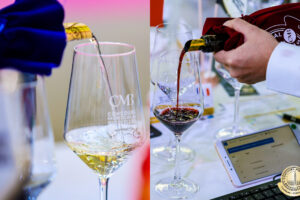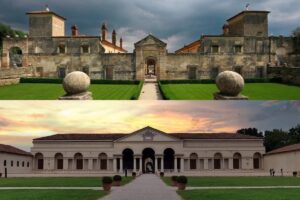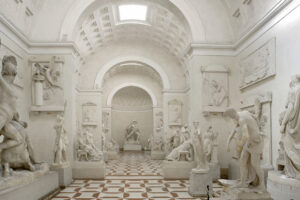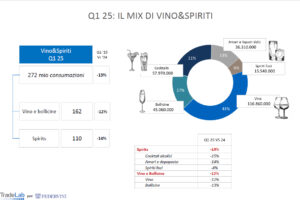Wine territories, and it is not by chance, correspond to the most beautiful and uncontaminated places in Italy. However, they regularly have to deal with “threats” that sometimes come from the infamous choices local administrations make. We saw this happen at the beginning of the year, when it was made public that the “National Charter of Potentially Suitable Areas - CNAPI” hosted a nuclear waste deposit. The project started a few years ago, and taking into consideration only objective feasibility parameters, ended up listing areas close to important denominations or even within UNESCO Heritage sites, such as Val d’Orcia, Monferrato UNESCO Heritage (together with Langhe and Roero) in Caluso, Tuscia, in the Viterbo area, Lucania, Butera and Trapani in Sicily, and Altamura in Puglia, just to name a few. And, right now in Apulia, the outcry is against “the unbridled colonization of photovoltaic giants”, as Mauro di Maggio, president of the Primitivo di Manduria Consortium, Damiano Reale, president of the Salice Salentino Consortium and Angelo Maci, president of the Consortium of Brindisi and Squinzano Wines, reported, and who brought their fight to the Regional Council.
“This time we are ready to block a new photovoltaic plant that is threatening to devour a large slice of land in the Negroamaro Park, between Campi Salentina, Cellino San Marco and Squinzano. This is right where the Salento Murgia begins and the vineyards express the best of themselves, giving life to excellent wines for the major brands of numerous Italian wineries. We will fight to defend our land”, said the presidents of the Apulian wine consortia. “For some time, now”, they continued, “we have been at the forefront to block new authorizations for the installation of photovoltaic fields. As a matter of fact, at our request, the first hearing was held at the end of January in the Agriculture Commission of the Regional Council. The result at the end of the hearing, shared with the academic world, the environmentalists and most of the territory, was to raise blockades against this real invasion of solar panels in the countryside of Salento. We have already requested a second hearing, which will be a joint hearing with the Environment Commission, to move on to phase 2; that is, defining the changes to be made to PEAR, the Region’s Environmental Energy Plan, to set impenetrable stakes against the threat of new photovoltaic and wind power plant settlements”.
In the meantime, there are the waste from the Xylella crisis, as well as the far-from-new clash between the needs of the agricultural sector and those of the energy sector, which risks becoming very bitter, in the struggle for the territory. “We must stop the advance of the fake clean energy lobbies, which are taking advantage of the Xylella disaster to grab our land. Furthermore, we want to unmask the farce of photovoltaic agriculture, because our vineyards cannot produce under photovoltaic structures”, emphasized di Maggio, Reale and Maci. “Our lands”, they added, “have a long and rich winemaking history and have carried on the tradition of the vineyard over time with love and dedication. We have always invited our foreign customers and exporters to experience in person the long stretches of cultivated land, worked with hard work and sweat and we have always kept alive the historicity of the territory. On the one hand, the goal is to redevelop the image of the wine and oil territory, while on the other, the photovoltaic lobbies are authorized to destroy Salento. This time we will build the barricades and are inviting the producers to come out to defend their land”, concluded the three presidents of the Consortiums.
Copyright © 2000/2025
Contatti: info@winenews.it
Seguici anche su Twitter: @WineNewsIt
Seguici anche su Facebook: @winenewsit
Questo articolo è tratto dall'archivio di WineNews - Tutti i diritti riservati - Copyright © 2000/2025










